Lesson 27 - Time
The word for today is kyou. Since kyou is a time word, you would think you would use it with the ni particle. Actually, since kyou is a general time word, it does not need a ni at all. You would use it in the same place, though, just minus the particle. For example, if you wanted to say "Today I will study German", you would say Watashi wa kyou DOITSUgo o benkyou shimasu. Some other general time words are ashita (tomorrow), itsumo (always), konshuu (this week), mainichi (everyday), raishuu (next week), and maishuu (every week). If you wanted to ask "When will you play tennis?" you would ask Itsu TENISU o shimasu ka, for itsu means "when".
The phrase Ima nanji desu ka means "What time is it now?". Ima means "now" and is another general time word. Time is very easy to learn. You basically take the number and add ji to the end of it. The only exceptions are kuji (9 'o clock) and yoji (4 'o clock). Also, remember that since there are two forms of seven, you use shichi with time, making it shichiji. Also, han means half hour, and is used after the ji. You always use a ni with times because they are specific time words.
Now that you know two different time words and can use them at the same time, now you will learn how to combine them. For example, if you wanted to say "I study math everyday at 4:30", you would say Mainichi no yojihan ni suugaku o benkyou shimasu. The no is used to combine time words, from the most general time word to the most specific.
Let's have a sample conversation between Yusuke and Hea.
Hea: Yusu san, konnichi wa.
Yusuke: Aa, konnichi wa, Hea san. Ogenki desu ka.
Hea: Genki desu, anata wa.
Yusuke: Genki desu. Kyou nani o shimasu ka.
Hea: Kyou nihongo o benkyou shimasu.
Yusuke: Kyou eigo o benkyou shimasen ka.
Hea: Iie, ashita eigo o benkyou shimasu.
Yusuke: Sou desu ka.
Hea: Ee. Ima nanji desu ka.
Yusuke: Ima kujihan desu.
Hea: Maishuu no doyoubi no kujihan ni SUPOOTSU o shimasu.
Yusuke: Kyou kinyoubi desu.
Hea: Ima bangohan no jikan desu.
Yusuke: Sou desu ka. Ja mata, Hea san.
Hea: Ja mata.
In this conversation, after exchanging greetings, Yusuke asks Hea "What are you doing today?" Hea replies she is studying Japanese today. Yusuke then asks, "Aren't you going to study English today?" Hea replies, "No, tomorrow I will study English." Yusuke says "Really?" and Hea replies Ee, which is an informal way of saying "Yes" for girls, instead of hai. Hea then asks, "What time is it now?" Yusuke replies that it is 9:30. Hea says "Every Saturday at 9:30 I play sports". Yusuke replies, "Today is Friday." Then Hea says "Now it is dinner time." (Bangohan no jikan is dinner time) Then they say their good-bye's and leave.
Vocabulary Review
今日 Kyou- today
明日 Ashita- tomorrow
いつも Itsumo- always
今週 Konshuu- this week
毎日 Mainichi- everyday
来週 Raishuu- next week
毎週 Maishuu- every week
いつ Itsu- when
今 Ima- now
時 -ji- (number) 'o clock
四時 Yoji- 4 'o clock
九時 Kuji- 9 'o clock
半 Han- half hour
ええ Ee- informal yes for girls
晩御飯の時間 Bangohan no jikan- dinner time
